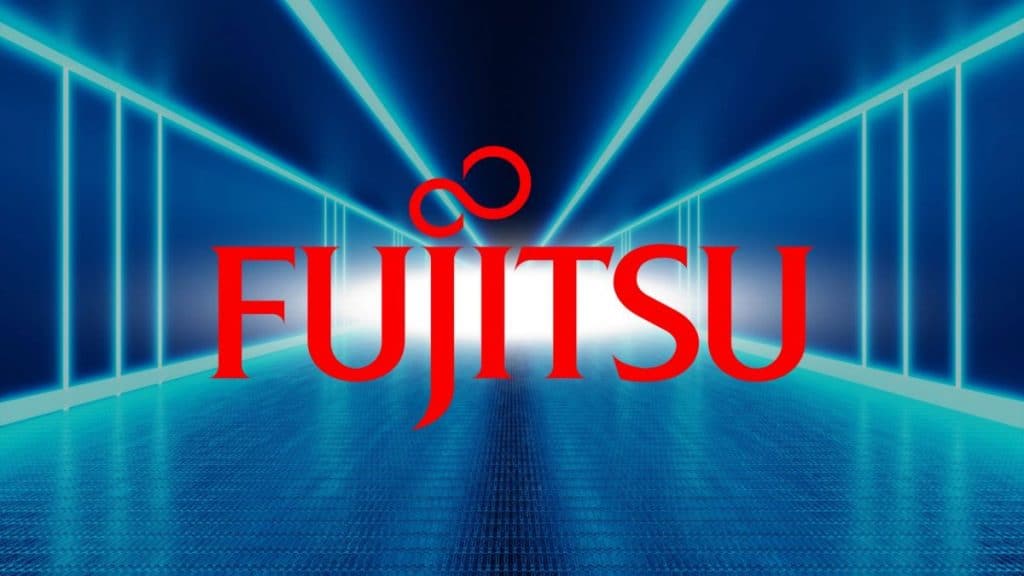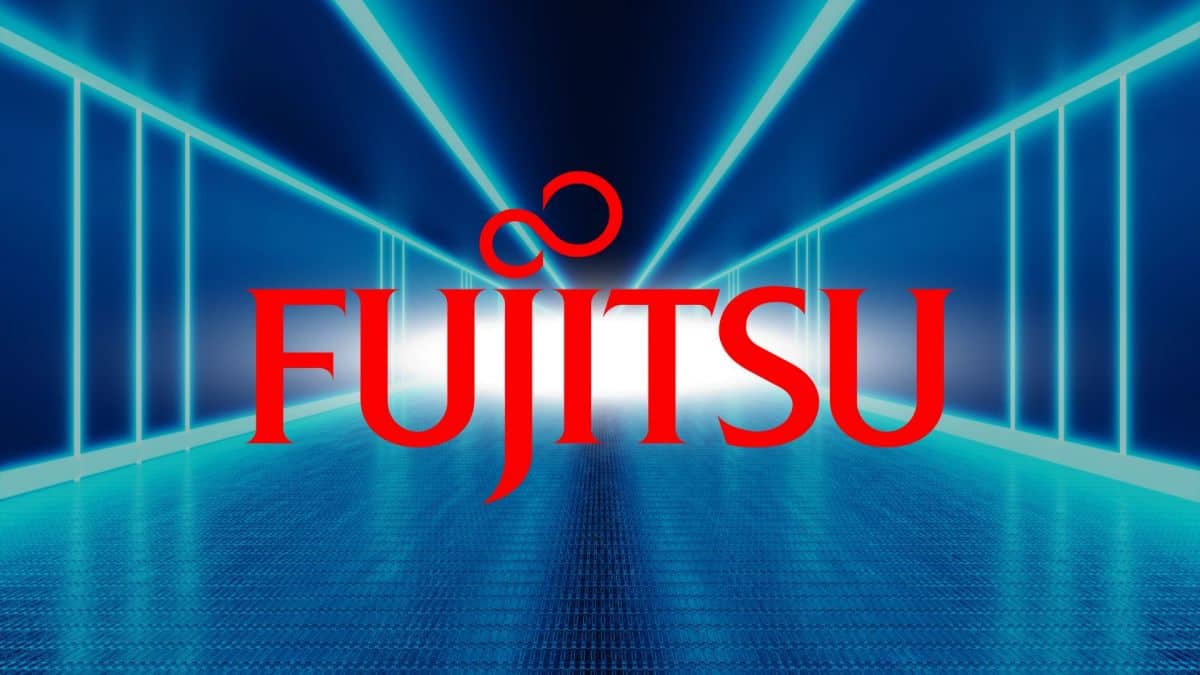


Fujitsu, a leader in IT and technology, has announced a new collaboration with PocketRD, a company known for its expertise in avatar technology.
This partnership focuses on harnessing the combined power of avatars and artificial intelligence within the Metaverse. Their goal is to create reliable, safe, and innovative markets in this emerging digital space.
Exploring New Frontiers in the Metaverse
The collaboration aims to explore effective uses of avatar and generative AI technologies in the Metaverse. Fujitsu and PocketRD are committing to ensuring the reliability and safety of these technologies, intending to significantly impact society and various market sectors.
Founded in 1935 in Japan, Fujitsu has grown to be the country’s top IT company and a globally recognized brand. Offering a wide array of IT services and products, Fujitsu’s innovation extends beyond business solutions to include cutting-edge consumer products like laptops and mobile phones. This new venture into the Metaverse with PocketRD aligns with Fujitsu’s history of innovation and its vision for the future of technology.
メタバースなどで使われる #アバター と #生成AI の組合せによる可能性が期待されています。#富士通 は社会での活用を目指しアバター技術に強いPocketRDと協業を開始。テクノロジーで信頼性と安全性を担保し、どのような市場を創り出すのか?
#フジトラニュース (後編)https://t.co/ChqPVuIr3t
— 富士通株式会社(Fujitsu Limited)公式 (@FujitsuOfficial) November 14, 2023
By combining their strengths in technology and market creation, Fujitsu and PocketRD are set to develop new applications and experiences in the Metaverse. This initiative represents Fujitsu’s continued commitment to pioneering in the IT sector, especially in emerging fields like the Metaverse.
For more information about Fujitsu’s ventures and innovations, visit their official website. This partnership with PocketRD marks a significant step towards exploring the vast possibilities of AI and avatar technology. It aims to shape the future of digital interaction and market opportunities in the Metaverse.
Fujitsu to Showcase Innovative Tech
Fujitsu has announced its plans to demonstrate technologies at the SC23 HPC conference in Colorado this week. These technologies aim to optimize GPU use and manage batch jobs in high-performance computing (HPC) clusters.
Amidst the ongoing global GPU shortage, the tech giant Fujitsu is set to showcase its Adaptive GPU Allocator. This technology efficiently distinguishes between programs that require GPU acceleration and those suitable for CPU processing. Consequently, it optimizes resource allocation.
This innovation is part of Fujitsu’s shift towards cloud-based HPC products, aligning with their as-a-service business model. The company focuses on leveraging these technologies in its own HPC products. This underscores their commitment to advancing computing efficiency and resource management.
Disclaimer
Any data, text, or other content on this page is provided as general market information and not as investment advice. Past performance is not necessarily an indicator of future results.
![]()
![]()
The Trust Project is a worldwide group of news organizations working to establish transparency standards.
Nik is an accomplished analyst and writer at Metaverse Post, specializing in delivering cutting-edge insights into the fast-paced world of technology, with a particular emphasis on AI/ML, XR, VR, on-chain analytics, and blockchain development. His articles engage and inform a diverse audience, helping them stay ahead of the technological curve. Possessing a Master’s degree in Economics and Management, Nik has a solid grasp of the nuances of the business world and its intersection with emergent technologies.

Nik Asti

Nik is an accomplished analyst and writer at Metaverse Post, specializing in delivering cutting-edge insights into the fast-paced world of technology, with a particular emphasis on AI/ML, XR, VR, on-chain analytics, and blockchain development. His articles engage and inform a diverse audience, helping them stay ahead of the technological curve. Possessing a Master’s degree in Economics and Management, Nik has a solid grasp of the nuances of the business world and its intersection with emergent technologies.
Read More: mpost.io











 Bitcoin
Bitcoin  Ethereum
Ethereum  Tether
Tether  XRP
XRP  Solana
Solana  USDC
USDC  Dogecoin
Dogecoin  Cardano
Cardano  TRON
TRON  Lido Staked Ether
Lido Staked Ether  Wrapped Bitcoin
Wrapped Bitcoin  Sui
Sui  Wrapped stETH
Wrapped stETH  Chainlink
Chainlink  Avalanche
Avalanche  Stellar
Stellar  Hyperliquid
Hyperliquid  Shiba Inu
Shiba Inu  Hedera
Hedera  LEO Token
LEO Token  Bitcoin Cash
Bitcoin Cash  Toncoin
Toncoin  Litecoin
Litecoin  Polkadot
Polkadot  WETH
WETH  USDS
USDS  Monero
Monero  Wrapped eETH
Wrapped eETH  Bitget Token
Bitget Token  Binance Bridged USDT (BNB Smart Chain)
Binance Bridged USDT (BNB Smart Chain)  Pepe
Pepe  Pi Network
Pi Network  Ethena USDe
Ethena USDe  Coinbase Wrapped BTC
Coinbase Wrapped BTC  WhiteBIT Coin
WhiteBIT Coin  Aave
Aave  Uniswap
Uniswap  Bittensor
Bittensor  Dai
Dai  NEAR Protocol
NEAR Protocol  Aptos
Aptos  OKB
OKB  Jito Staked SOL
Jito Staked SOL  Ondo
Ondo  Official Trump
Official Trump  BlackRock USD Institutional Digital Liquidity Fund
BlackRock USD Institutional Digital Liquidity Fund  Cronos
Cronos  Tokenize Xchange
Tokenize Xchange